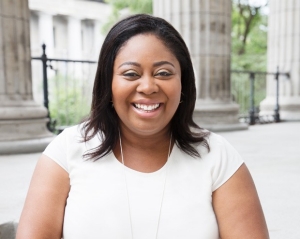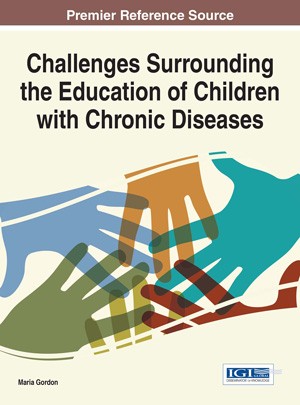The job sculpted a lifelong passion for a largely ignored topic — the impact chronic illness has on a child’s education. After coordinating a project at the hospital on that very area, Gordon eventually wrote both her master’s and doctoral theses on the subject.
Gordon says the academic advisors she had in Concordia’s graduate program in educational studies and while pursuing her PhD in psychopedagogy at the University of Ottawa helped her wade through uncharted waters. The subject had never really been documented or studied before.
“They were very brave to go on that journey with me,” she says.
Gordon earned her PhD in 2013. About a year later, the international publishing company IGI Global recognized her expertise and offered her the task of writing a reference book.
 Maria Gordon, a certified natural health consultant and licensed naturotherapist, is a professional member of the Crohn’s and Colitis Foundation of Canada and the Canadian Psychological Association and executive vice-president of the Shamiso Foundation. Photo: Lucy Baum Montreal Photography
Maria Gordon, a certified natural health consultant and licensed naturotherapist, is a professional member of the Crohn’s and Colitis Foundation of Canada and the Canadian Psychological Association and executive vice-president of the Shamiso Foundation. Photo: Lucy Baum Montreal Photography
 Maria Gordon’s reference book Challenges Surrounding the Education of Children with Chronic Diseases was published in October by IGI Global.
Maria Gordon’s reference book Challenges Surrounding the Education of Children with Chronic Diseases was published in October by IGI Global.